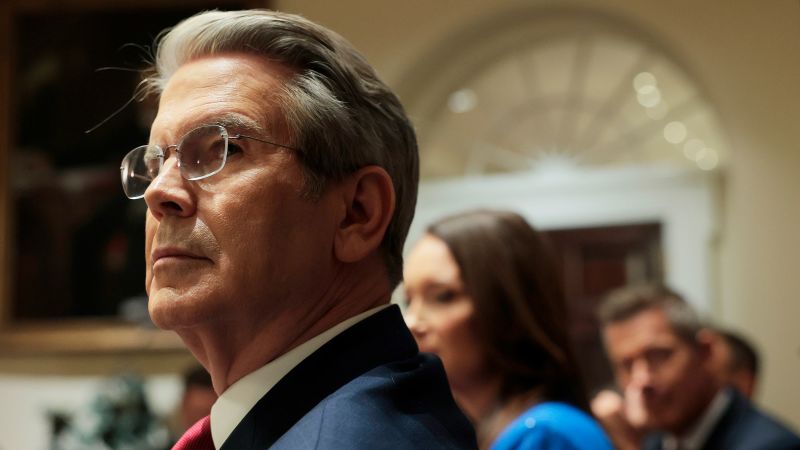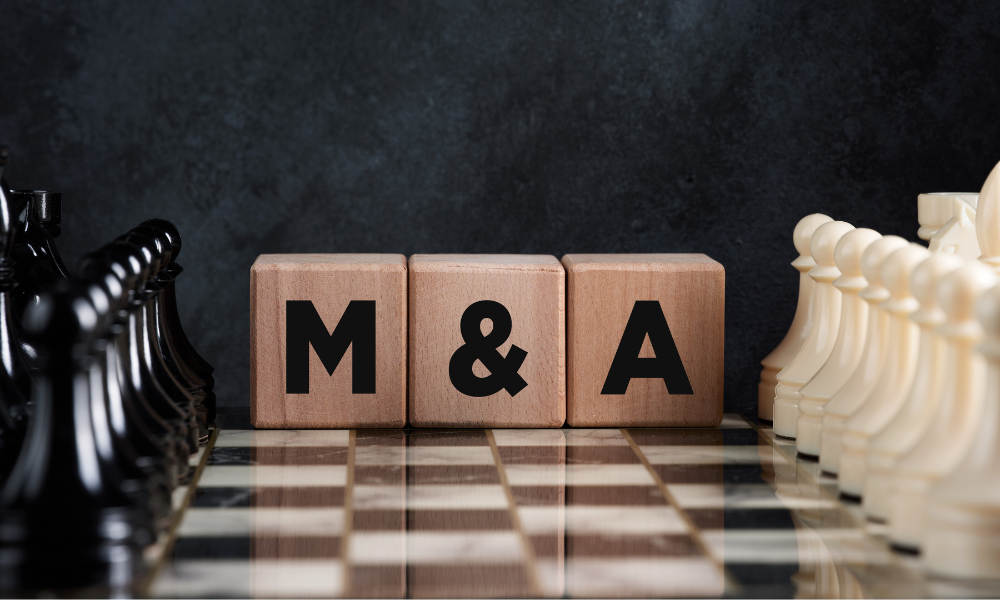Spotlight
Finance
Technology
The next wave of business transformation isn’t just about having AI — it’s about having…
Join our mailing list
Get the latest finance, business, and tech news and updates directly to your inbox.
Top Stories
ROCKFORD, Ill. (WTVO) — A newly introduced piece of Illinois legislation would require financial advisors…
Prada struck a $1.375 billion deal to buy smaller rival Versace from Capri Holdings on Thursday, including…
The NYT Mini is a quick and dirty version of the newspaper’s larger and long-running…
In today’s crypto for advisors, Zac Townsend from bitcoin life insurance company Meanwhile explains estate…
Financial planners and wealth advisers are urging their clients with 401(k) accounts to remain calm…
Jaron “Boots” Ennis will put his IBF welterweight title on the line on Saturday night…
White House trade adviser Peter Navarro denied a report stating that he had been sidelined…
Publishers Clearing House, a decades-old marketing and sweepstakes company known for doling out large “Prize Patrol”…
DAZN is adding a new voice-driven series to its boxing lineup. According to a press…
Amazon CEO Andy Jassy gave a warning to wallet-wary Americans in the wake of President…
Looking for Thursday’s Wordle hints, clues and answer? You can find them here: It’s 2XP…
China said Thursday it would immediately restrict imports of Hollywood films in retaliation for President Trump’s escalation of…








































